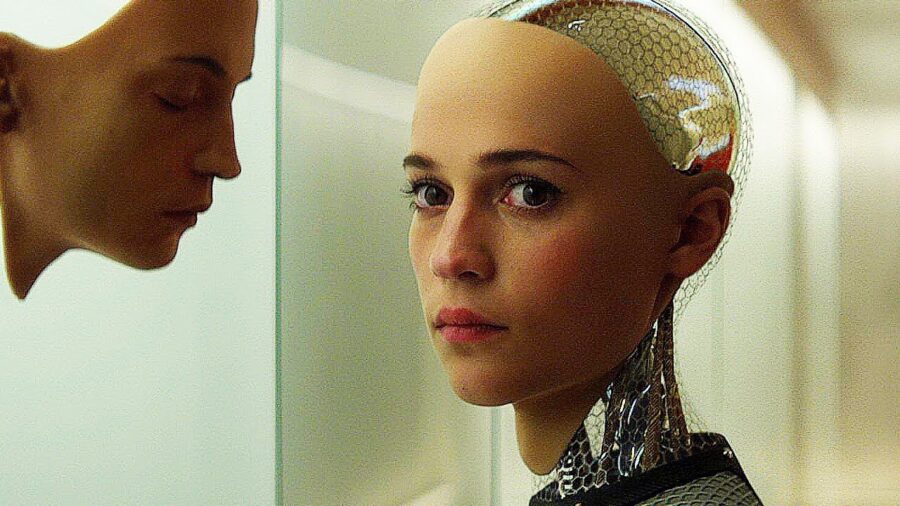AI Articles Accused Of Plagiarizing Human Work
A Substack newsletter produced an AI article that plagiarized an article written by a human.

In a shocking turn of events, (not that the result is shocking, but just that it happened so quickly) someone using ChatGPT to generate content for their Substack, plagiarized an article. The newsletter, The Rationalist, is the work of an English-as-a-second-language writer going by the pseudonym PETRA. Futurism reports that an article recently published in The Rationalist, written by AI, proved to be a big hit, garnering views, likes, and discussion across the internet, but it was plagiarized from a human writer.
Alex Kantrowitz, a writer operating the Substack newsletter Big Technology, is the original source for the successful article. Kantrowitz pointed out that The Rationalist article lifted specific sentences and overall structure. The AI produced a copy that appeared legit, though it was repetitive, engaging in the type of plagiarism a college student would utilize to pass their mid-terms.
The Rationalist has been running for only a week, proving that AI can help individuals create fast, easy content, though, by its nature, it will be plagiarism. ChatGPT does not operate in a vacuum, as all chatbot technology does is analyze billions of points of information and create answers from all of the existing points of data. The debate among artists, writers, and other content creators against the rise of AI has already started, with cases like this involving The Rationalist showing just how bad the situation can get for writers on the internet.
The popular AI artwork trend on social media from a few months ago resulted in the app being accused of plagiarism by prominent artists. Fully AI-generated art has won recent contests, but again, how can it be an original piece when the very program operates by extrapolating existing data? With no signs that AI will stop plagiarizing the work of content creators, the problem will only get worse in the future.

OpenAI, the operators of ChatGPT and DALLE-2, have already stated artwork from the former can be used for commercial purposes, opening Pandora’s Box for those looking for the next get-rich-quick trend. The problem, as PETRA found out, is that using AI can result in plagiarism if the person utilizing the technology does not carefully inspect what the program generates.
PETRA came clean and admitted that they used AI to generate articles, hoping to avoid awkward phrases, as they don’t normally work in English. Other publications have been caught using AI to create content, including CNET, which did not engage in plagiarism. Where is the line between using AI as a useful tool to supplement the creative process and using it to cut corners?
While The Rationalist article written by AI is a clear case of plagiarism, the next one may not be so easy to spot, never mind the one after that, and then the one after that, and into infinity. Trying to curb the use of AI programs now would be akin to putting the toothpaste back in the bottle. How humanity reacts to the everyday use of AI technology has gone from a sci-fi plot to reality, and we’re not a species of fast learners.












